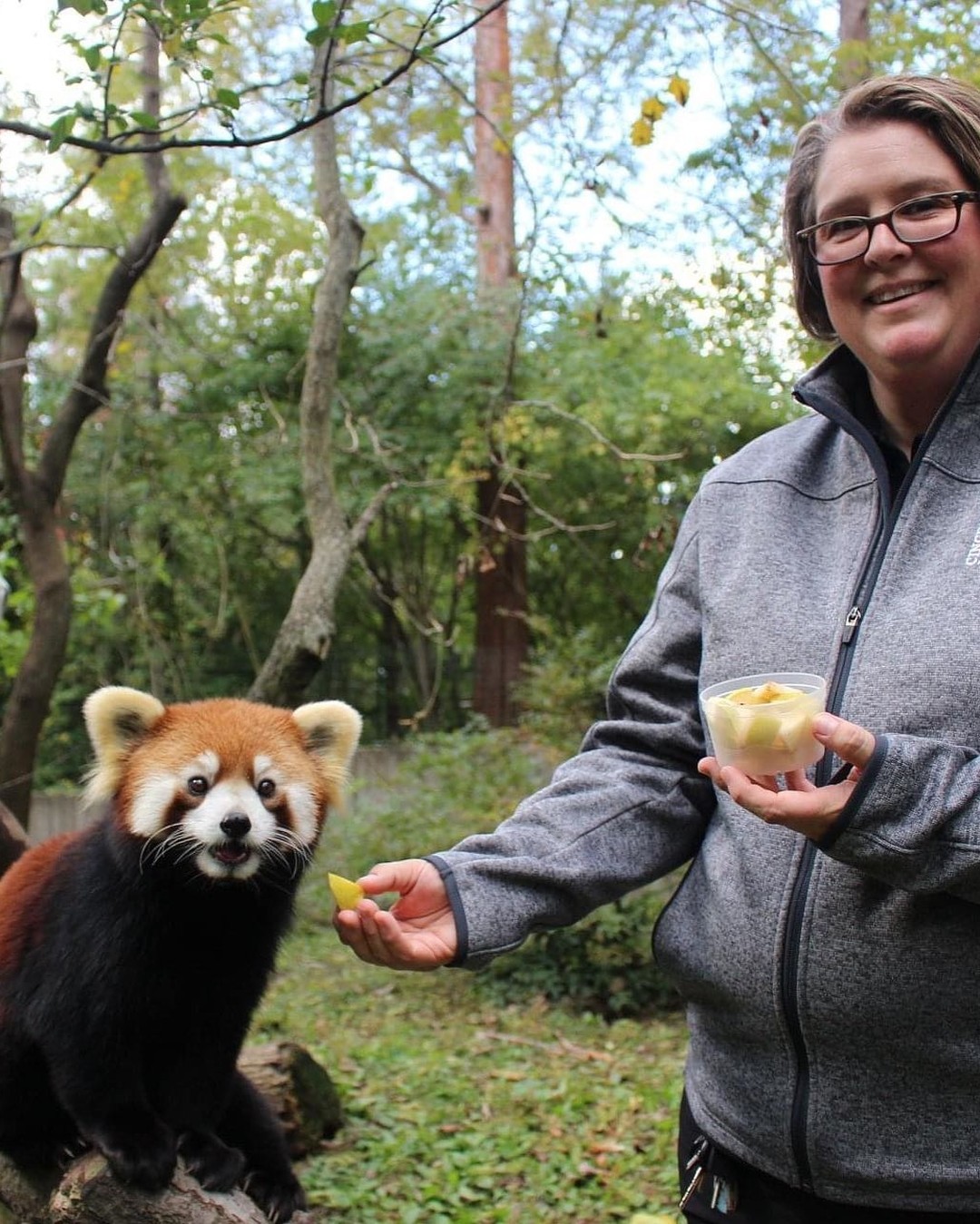The Role of Zoo Nutritionists
Zoo nutritionists play an essential role in the health and well-being of animals in zoos. They are responsible for designing diets that meet the nutritional needs of the animals, as well as ensuring that the diets are safe and appropriate for each species. This requires a deep understanding of animal nutrition and a commitment to providing the best possible care for all zoo inhabitants.
What Do Zoo Nutritionists Do?
The primary responsibility of zoo nutritionists is to design diets that meet the nutritional needs of each species in their care. This includes researching what foods are best suited to each species and determining how much food should be provided daily. Additionally, zoo nutritionists must ensure that all food is fresh and free from contaminants or toxins. They also monitor animal health and behavior to ensure that dietary changes positively affect their well-being.
Training Required for Zoo Nutritionists
Becoming a zoo nutritionist requires extensive training in both animal nutrition and zoology. Most positions require at least a bachelor’s degree in one of these fields, although some may require a master’s degree or higher. Additionally, many employers prefer candidates with experience working with animals in captivity or completing internships at zoos or other wildlife facilities.
Benefits of Working as a Zoo Nutritionist
Working as a zoo nutritionist can be incredibly rewarding, as it allows you to impact the lives of animals daily. It also provides an opportunity to work closely with other professionals in the field, such as veterinarians, biologists, and zookeepers. Furthermore, there is always room for growth within this field; many zoo nutritionists eventually become directors or managers within their organizations.
Conclusion
If you’re passionate about animal welfare and have an interest in science and research, becoming a zoo nutritionist could be an excellent career choice! Zoo nutritionists are essential in providing quality care for animals living in zoos and other wildlife facilities worldwide. Their expertise helps ensure that all animals receive balanced diets explicitly tailored to their individual needs, which helps promote healthy growth and development over time.


